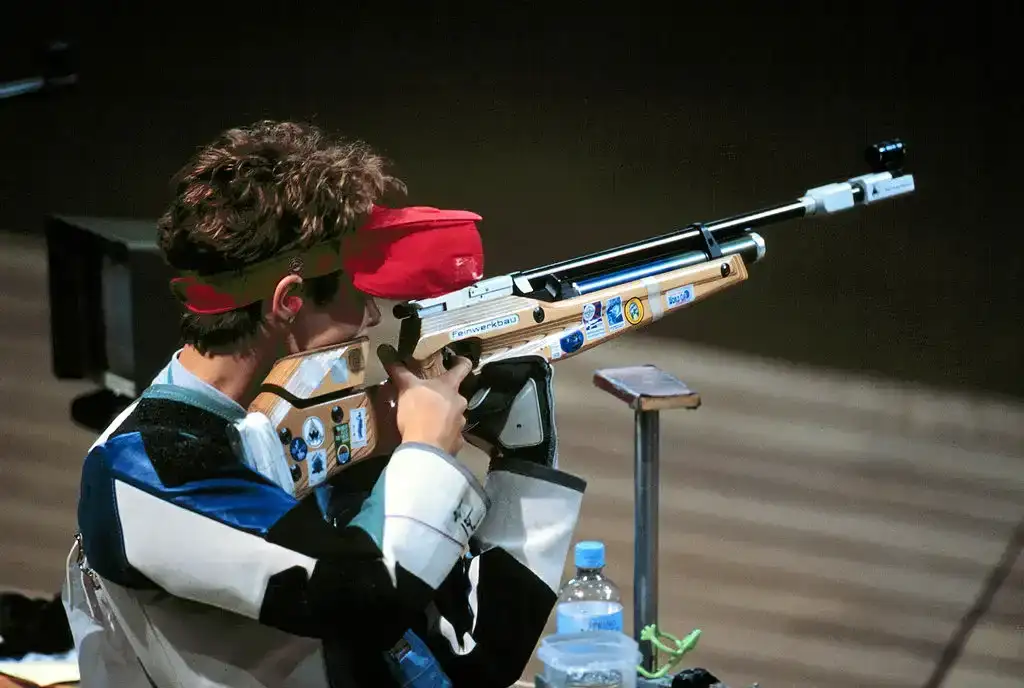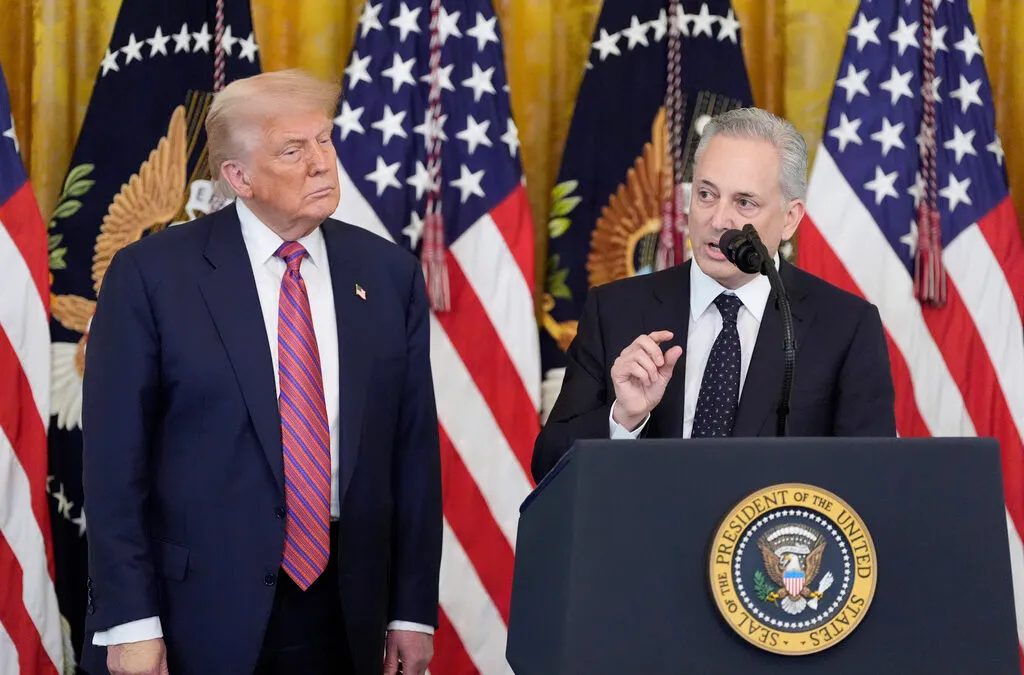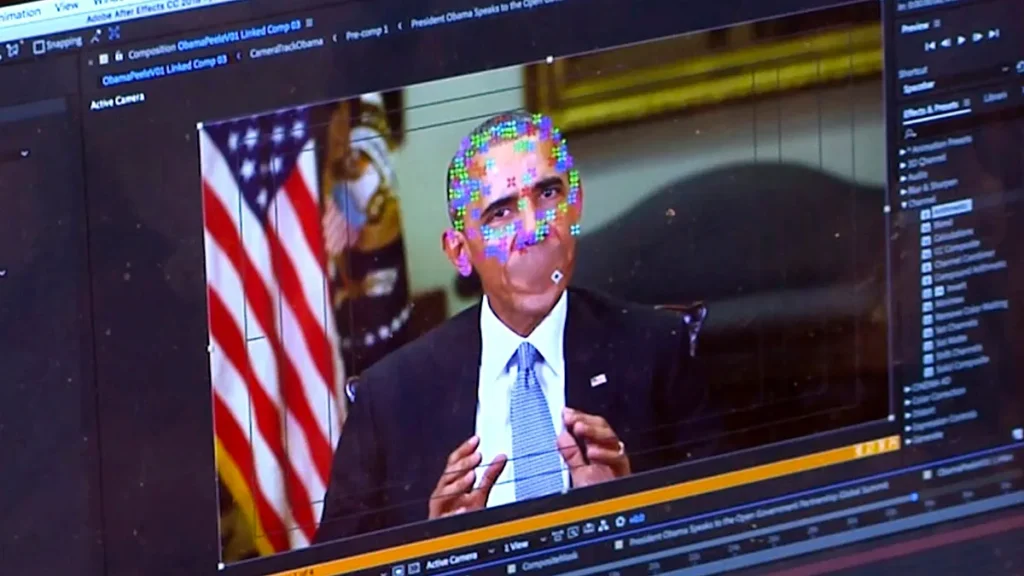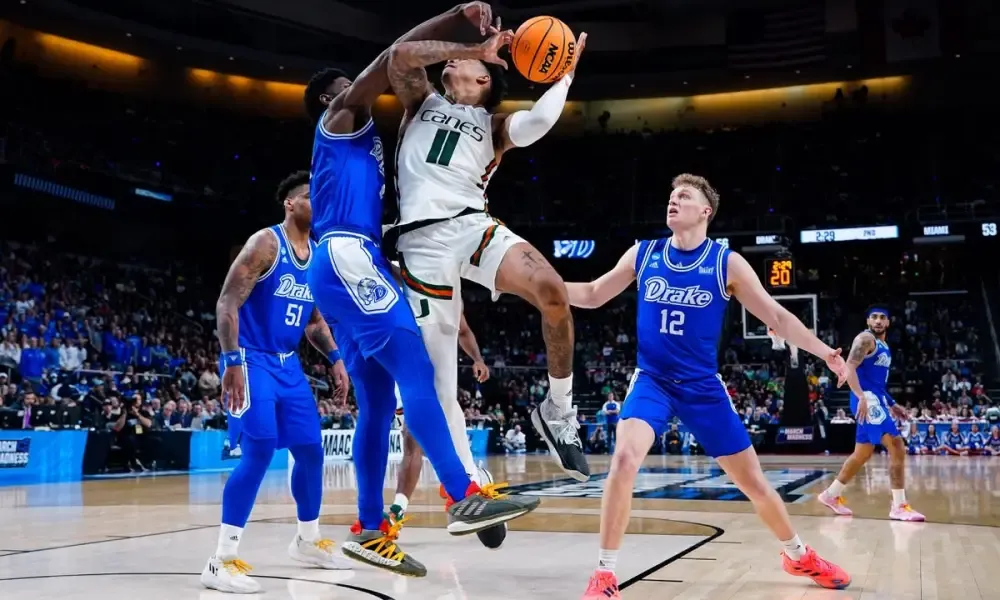Swapnil Kusale’s bronze medal victory in the Men’s 50m Rifle 3 Positions at the Paris 2024 Olympics marked a historic moment for Indian shooting. Kusale’s achievement was a testament to his skill, dedication, and strategic mindset, as he navigated one of the most challenging events in shooting sports. Here’s an in-depth look at Kusale’s journey to this Olympic feat, the nuances of the event, and the broader implications for Indian shooting.
1. The Road to Paris: Kusale’s Journey
Swapnil Kusale has long been a promising figure in the Indian shooting circuit, consistently proving his mettle in national and international competitions. Before his Olympic breakthrough, he had been steadily building a reputation, notching impressive finishes in various international shooting championships. His road to the Olympics was marked by rigorous training, resilience, and focus. Kusale’s talent and potential were evident from an early age, but his journey to Paris in 2024 was far from easy.
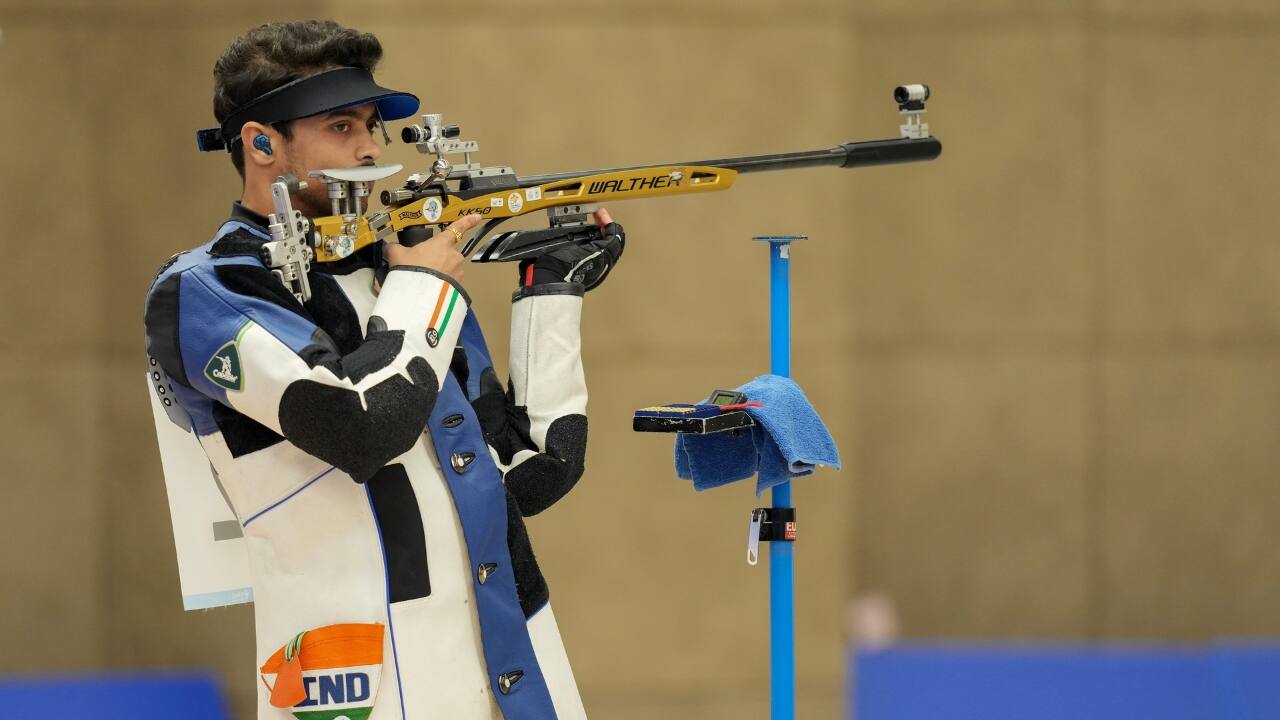
In the years leading up to the Olympics, Kusale participated in several World Cups, where he gained crucial experience competing against some of the best shooters in the world. These competitions were instrumental in honing his skills and preparing him for the high-stakes environment of the Olympic Games.
2. The Men’s 50m Rifle 3 Positions Event
The 50m Rifle 3 Positions event is one of the most demanding disciplines in shooting. Competitors must demonstrate precision, stability, and adaptability as they shoot from three different positions: kneeling, prone, and standing. Each position tests different skill sets and requires shooters to adjust their technique accordingly.

The event is divided into two stages: the qualification round and the final. In the qualification round, each shooter fires 120 shots (40 from each position), with a maximum score of 10 points per shot. The top eight shooters from this round advance to the final, where they start with a clean slate. The finals are a knockout round, where competitors shoot in each position, and the lowest scorers are eliminated until the top three remain.
3. Kusale’s Performance in the Finals
Kusale entered the finals with confidence, backed by a solid score from the qualification round. As the competition progressed, he showcased remarkable composure and accuracy, particularly in the kneeling and prone positions, where he excelled. The final standings were determined in the standing position, widely regarded as the most challenging due to the difficulty in maintaining balance and control.

Kusale held his nerve through the final rounds, maintaining a high score while others struggled under pressure. His bronze medal was secured by a combination of technical skill, mental fortitude, and the ability to perform under extreme pressure.
4. Significance of Indian Shooting
Swapnil Kusale’s bronze medal is a major milestone for Indian shooting, as it highlights the country’s progress on the global stage in a sport traditionally dominated by European nations. India has seen a steady rise in its shooting talent pool, with athletes like Abhinav Bindra, Gagan Narang, and Rajyavardhan Singh Rathore setting the stage for future generations.
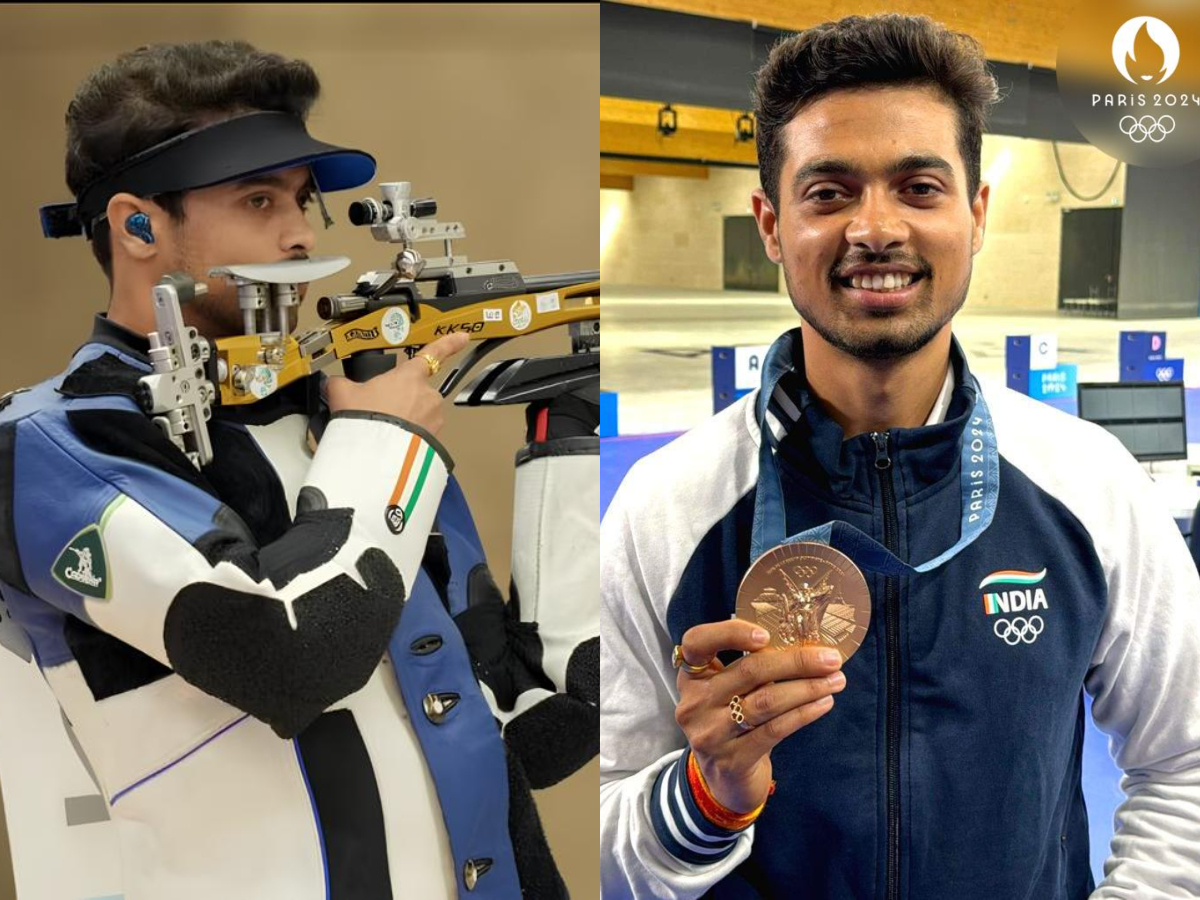
Kusale’s achievement at Paris 2024 serves as an inspiration for young shooters across India and reinforces the importance of continued investment in shooting sports. His success is a testament to the efforts of the National Rifle Association of India (NRAI) and other stakeholders who have worked to provide Indian shooters with world-class facilities, coaching, and opportunities to compete internationally.
5. Challenges Faced and Overcome
Kusale’s journey to Olympic success was not without its challenges. Like many athletes, he faced funding constraints, access to facilities, and the constant pressure of maintaining peak performance. The COVID-19 pandemic added another layer of difficulty, disrupting training schedules and limiting opportunities for international competition. However, Kusale and his coaching team adapted to these challenges, making the most of the resources available and focusing on mental and physical conditioning.
6. The Impact on Kusale’s Career

Securing an Olympic medal is a career-defining moment for any athlete, and Kusale’s bronze is likely to open up new opportunities in terms of sponsorships, endorsements, and international recognition. This achievement also establishes him as one of the top rifle shooters in India, and his future in the sport looks promising.
Moving forward, Kusale will aim to build on this success, potentially targeting gold in upcoming World Cups, Asian Games, and the next Olympic cycle. His performance at Paris 2024 has set a high benchmark, and he will likely continue to be a key figure in Indian shooting for years to come.
7. Looking Ahead: The Future of Indian Shooting
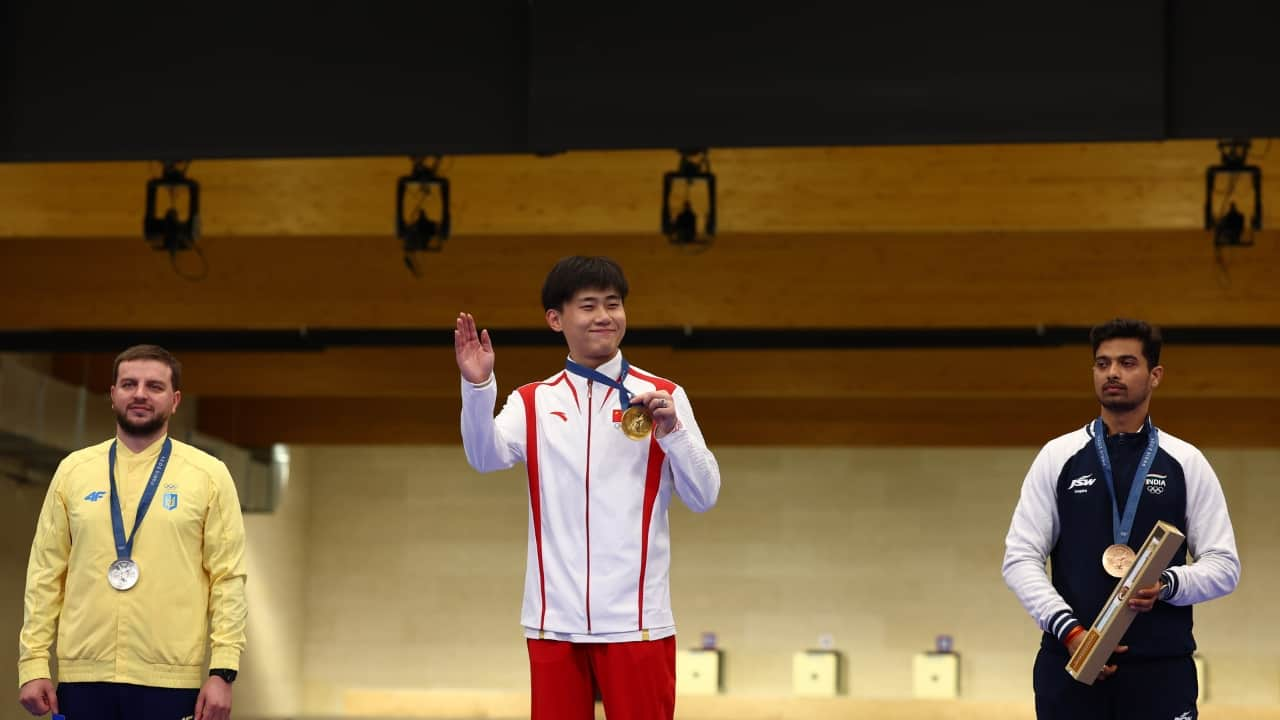
Kusale’s medal is not only a personal triumph but also a positive indicator for Indian shooting as a whole. The NRAI’s efforts to foster a strong shooting culture in India have been instrumental in producing world-class athletes. With improved infrastructure, access to top-tier coaching, and increased support for grassroots programs, India is well-positioned to become a powerhouse in the sport.
8. Conclusion
Swapnil Kusale’s historic bronze in the Men’s 50m Rifle 3 Positions at the Paris 2024 Olympics is a testament to his dedication and skill. His achievement underscores the importance of perseverance, resilience, and the unwavering support of the Indian shooting community. Kusale’s success will undoubtedly inspire the next generation of Indian shooters and encourage more young athletes to pursue shooting at the highest level. As India continues to make strides in shooting, Kusale’s bronze medal serves as a beacon of hope and a reminder of what can be achieved with passion, commitment, and unwavering support.

